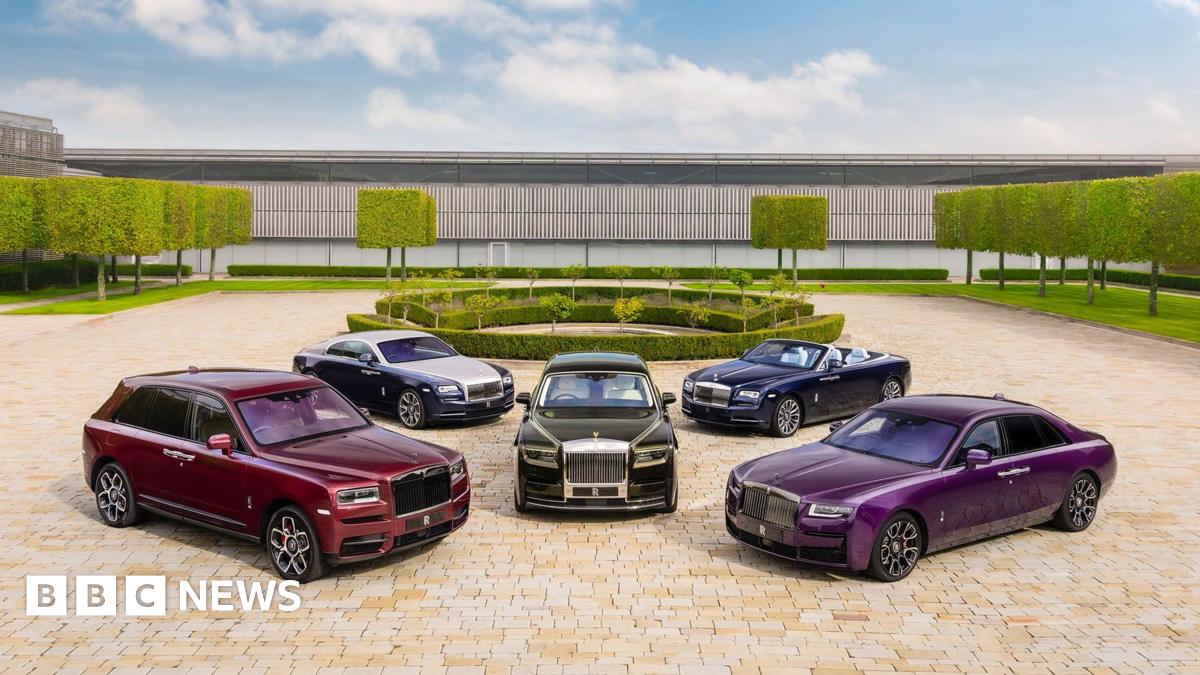Hertz is hurting. The company was expecting a challenging first quarter, but it got more than it bargained for: It reported a $392 million adjusted net loss on Thursday. Despite increases in rental car demand, Hertz said it’s been bruised by its fleet of electric vehicles—made up primarily of Teslas—that are unreliable and more costly than their gas-guzzling counterparts.
The rental car company plans to dispose of an additional 10,000 EVs than initially planned—intending to sell 30,000 total in 2024. It incurred a $195 million charge because of the depreciation of its EVs, a hit made more acute by Tesla slashing its prices. Hertz said its vehicles had monthly depreciation costs of $592 per car, considered high in the industry. Valued at $1.43 billion, Hertz has nearly halved its market capitalization from six months ago. The stock is down more than 40% this year, currently trading at $4.68.
“Fleet and direct operating costs weighed on this quarter’s performance,” Hertz CEO Gil West said in its Thursday earnings statement. “We’re tackling both issues—getting to the right supply of vehicles at an acceptable capital cost while at the same time driving productivity up and operating costs down.” West, who joined the rental company on April 1, was brought in to right the sinking ship.
Hertz’ tough time reflects the struggles of the EV industry and Tesla’s broader narrative of sales slowdowns amid growing competition and safety issues. Tesla announced on Wednesday that it cut first-quarter profits in half due to waning demand and shareholder skepticism over CEO Elon Musk’s fixation on fully autonomous cars, a continuous project yet to come to fruition. Last week, Tesla recalled all of its 2024 cybertrucks because of concerns over its malfunctioning accelerator pedal. It also announced it would cut prices on three of its models by $2,000.
A failed bet on Tesla
But before Tesla was a thorn in Hertz’s side, it was actually its saving grace. The pandemic squandered the tourism and travel industries in early 2020, launching Hertz into bankruptcy. But the company was able to emerge thanks to gaining meme stock status—and a $5.9 billion infusion of new capital from private equity firms Knighthead Capital Management and Certares Management.
Within months of emerging from bankruptcy, Hertz ordered 100,000 Teslas to be added to its fleet and partnered with Uber to add 50,000 of the EVs to the network within two years. Hertz had lofty goals to make 25% of its fleet electric by the end of 2024. The move was so massive that it pushed Tesla over the line to become a $1 trillion company.
“Our approach is very strategic and very deliberate in terms of how we want to disrupt ourselves and, hopefully, disrupt the industry,” Mark Fields, then-interim CEO of Hertz, told Bloomberg at the time. “Instead of asking why, we’re asking why not.”
But by late 2023, the tides of Hertz’s EV hopes had turned: Tesla was already slashing prices to deal with slowing demands, and then-CEO Stephen Scherr said the cost to repair Teslas was twice the cost of fueling cars with gasoline. Hertz announced in January that it would sell 20,000 of the cars in favor of gas-powered vehicles. The rental company couldn’t seem to outrun Tesla’s misfortunes. By the end of that month Tesla recalled almost 200,000 cars across three models with self-driving capabilities over rearview mirror display issues that could increase the risk of accidents.
Hertz has made recent management changes to stem the bleeding. In March, Scherr, who led Hertz’s push to pursue EVs, stepped down from his CEO role, paving the way for West, the former chief operating officer of General Motors’ robotaxi division, to take over.
While Hertz is still feeling the heat from its EVs now, analysts argue these troubles have really been years in the making.
“The execution and marketing of EVs was a horror show across the board,” Daniel Ives, an analyst with Wedbush Securities, told CNN in March. “It’s a black eye they couldn’t recover from.”
Credit: Source link











